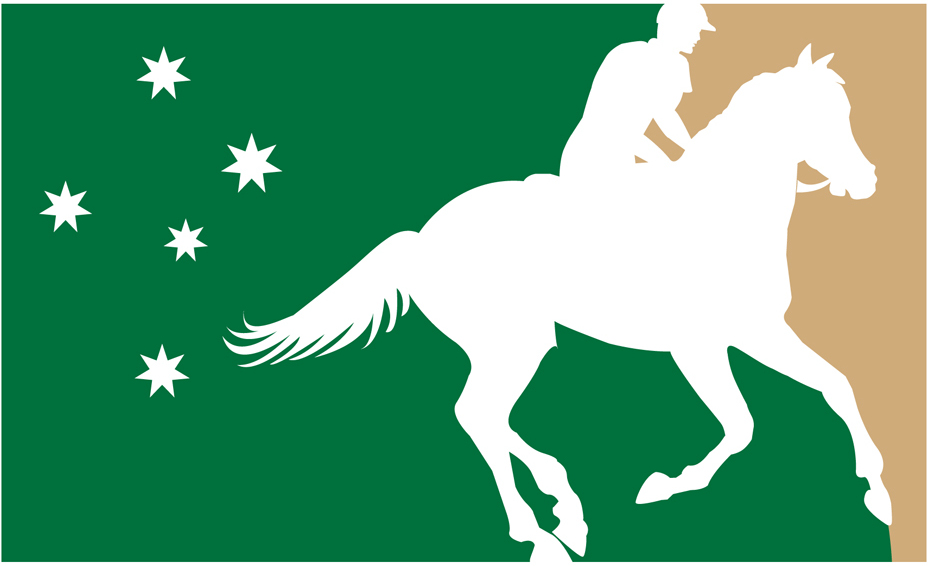The following statement has been put together by AERA's National Veterinary Panel and is supported by the AERA Management Committee. A very clear definition of when an event starts and ends is being developed to provide clarity for all members.
The AERA National Veterinary Panel (NVP) wishes to comment on an issue that has arisen recently and is of concern to NVP members.
Some controlled medications which may normally be considered beneficial to a horse’s welfare, can actually cause severe harm to a horse if given close to (before, during or after) an endurance ride.
Rule 17.1 of Section 5 (Equine Anti-Doping and Controlled Medication Rules) of the AERA rule book notes, in part, that “No controlled medication substance shall be given to any horse during or close to an Event unless the appropriate AERA guidelines for medication authorisation have been followed.”
The NVP would like to remind all those participating in endurance riding in Australia of this rule. Using slightly different words, no controlled medication may be administered to a horse at an event – from the moment it arrives at the ride base, until the ride has officially finished without the permission of the treatment and/or head vet of that ride.
Although medications given post ride may not be considered “performance enhancing”, endurance horses can take up to 24 hours to recover from dehydration. Some medications including common anti-inflammatory medications (eg ‘bute’) given to a dehydrated and/or metabolically compromised horse have the potential to cause severe intestinal and/or kidney disease that may result in death.
In summary, for the welfare of endurance horses and the integrity of the sport and the endurance riding family, no controlled medication should be administered to a horse at an event without the express permission of the treatment or head vet at the event.
Dr Khyle Stewart
NVP Chair

